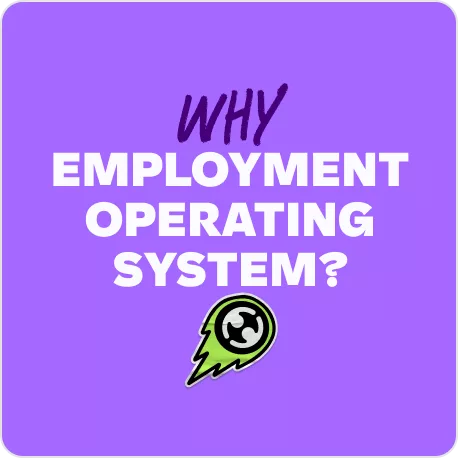The Evolution of HR and People Management
Human Resource used to be just a job title, and now it’s an entire department. What’s changed, and how has the role of HR evolved over time?

Contents
It’s no secret that the role of human resources management is changing. With technological advancements and a shift to become more strategic in day-to-day activities, the future of HR and personnel administration is transforming right before our very eyes. These days, more companies are beginning to realise that HR plays a pivotal role in developing a competitive advantage. HR teams are now responsible for a lot more than they previously once were. The human resource department is currently undergoing a transformational shift that’s changing the face of human resource management as we know it. We’re seeing HR automation software, like Employment Hero, now helping with the admin side of day-to-day tasks, freeing up time to be strategic. If you’re curious about the future impact of this shift, explore the future of HR automation here. Previously, human resource managers would complete the manual admin tasks associated with areas including onboarding, performance management and conflict resolution. Today, HR roles now entail a much broader spectrum of responsibilities across the entire employee lifecycle (ELC). They’re now responsible for acquiring the right talent, developing the employees’ careers and using data and feedback to take a more strategic mindset when it comes to people management. If you’re interested in keeping updated with HR, have a read on our HR trends report. If you’re ready to learn more about the evolution of HR to people management, read on as we explain the changes.
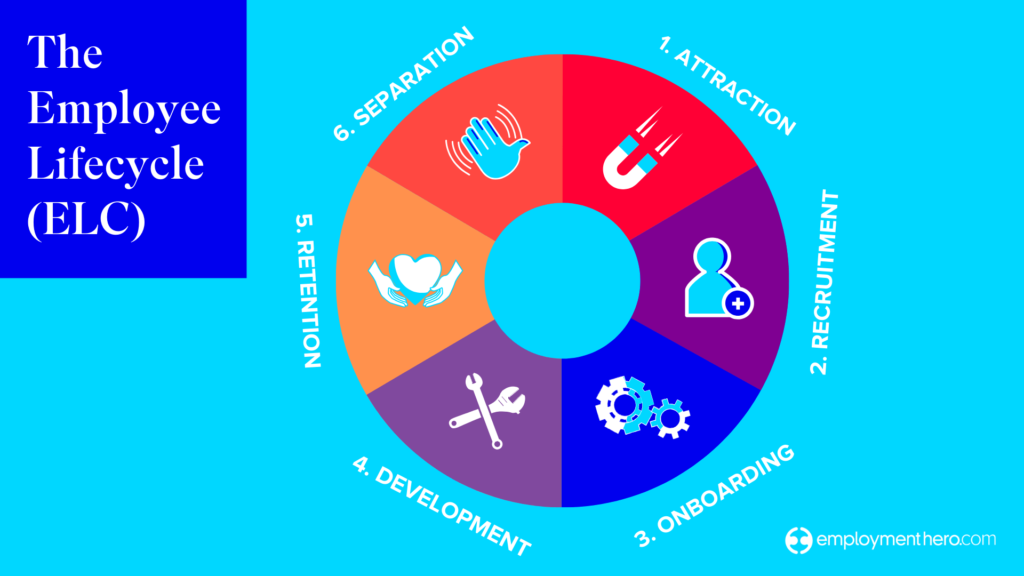
1. A focus on technology for human resource management
When it comes to the evolution of HR and people management, technology can be your best friend. Today, there are so many different forms of technology available that can help automate manual human resource tasks in your business. Prior to smart HR software, HR managers were responsible for the manual admin tasks that came with managing an employee. To understand the larger trends, check out the big shifts in HR tech. Now, there seems like there are endless software solutions to every aspect of the employee journey. Not only creating a better experience for your staff but also for you! If you’re looking for more information on how technology will impact HR and people management, read up on the future of HR automation here. If you’re ready to make the jump and invest in an HRIS for your business, let us help you. Employment Hero covers everything from paperless onboarding, performance management, leave requests, reward and recognition, payroll, learning and development and lots more. For a comprehensive approach, consider taking HR digital.Reach out to us today, and one of our small business specialists will show you how Employment Hero can reduce up to 80% of the time you spend on HR-related admin. Related: Introduction to HR management
2. Human resource managers will become more strategic
The industrial revolution with the development of technology is changing the way we work in every industry, and this is no different for HR professionals. With HR automation now freeing up the time of human resource managers, it’s demanded a shift towards strategy. For insights on how HR can support leadership, learn how HR can help managers succeed. This strategic shift strategic has meant that HR now has power when it comes to creating a competitive advantage. This is another great win for HR executives, as you’ll be able to focus on planning, developing and implementing processes that can take your people management to the next level. Whether it’s by creating high-performing teams, designing the employee experience, developing an EVP (employee value proposition) or creating professional development plans to improve employee retention, HR managers of the future are in the driver’s seat when it comes to improving the efficiency of workplaces.
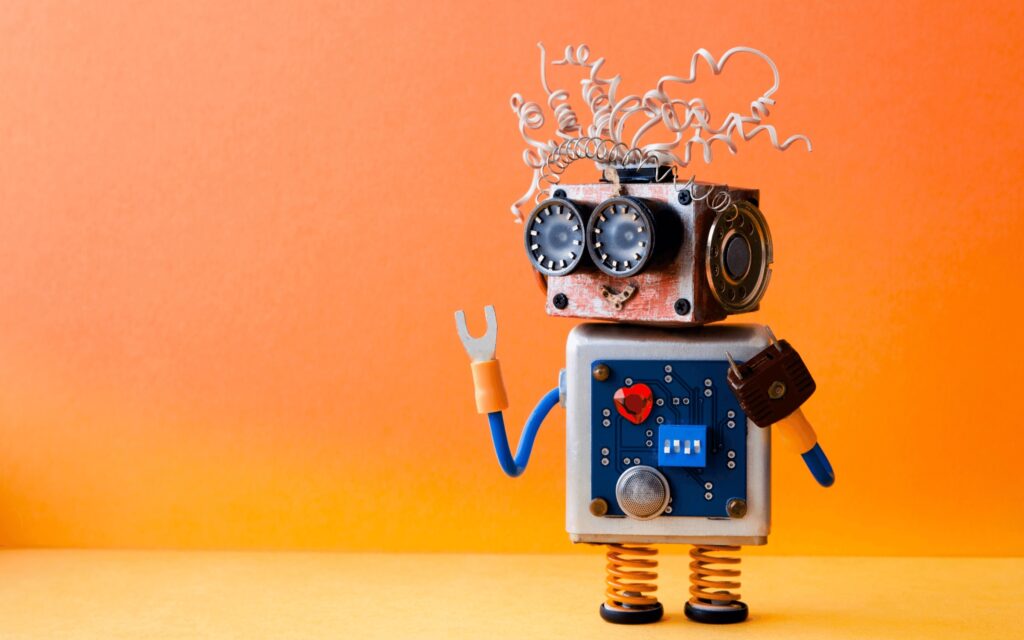
3. Employee engagement is becoming a priority
We all know that your employees are your greatest asset. They’re the ones who hold the fort and make things happen. With this being said, it’s important that the experience they have whilst working at your company is a great one. By designing a great employee experience and actively working to improve it, you could improve employee satisfaction and reduce turnover. Not only this, your employees will feel more connected to the company, resulting in improved employer branding. It’s also a great way to let your team know that you’ve invested in their training and development and care about their career growth. When it comes to designing the employee experience, it’s important to consider your employee life cycle and brainstorm your ideal scenario for each stage. It may take some time to test, but in the end, you’ll have created a second-to-none employee experience. When trialling, don’t forget to ask for employee feedback to gain real-time insights into what’s working and what’s not. It’s also important to remember that your employee experience is not something that you set and forget. To keep your employees happy, it’s important to continually gain feedback through surveys, like an Employee Engagement Survey. If you’re looking for HR software that can improve your employee experience, and work cohesively with your people management strategy, get in touch with us, and we’ll walk you through a demo.

4. Collaborative human resource management
We will now see human resource managers collaborating with other departments much more closely. For example, collaborating with marketing to ensure that they have a strategy in place to attract top talent on social media. This encompasses everything from advertising open roles online right through to creating a strategy and managing online review websites like SEEK and Glassdoor. In a study conducted by Glassdoor, 83% of people revealed that they look on review websites before applying for a job. It’s known that a few bad reviews can turn off potential star employees, so you need to get this right.
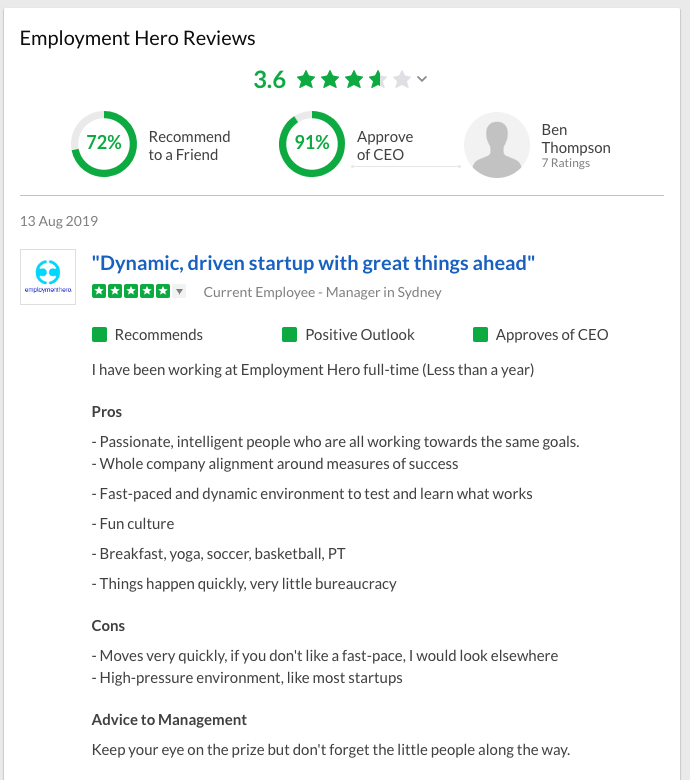
Related: Taking HR digital to improve collaboration between teams
5. New roles will begin to appear in the HR industry
With more functions added into the human resource management mix, along with it comes new job roles. While the traditional roles will still exist, we will begin to see new roles appearing, such as:
- Head of People and Processes
- Head of Vibe
- HR Technology Officer
- Head of Employee Experience
- HRIS Specialist
While most new roles will continue to focus on the people management side of things, we will see an increase in the creation of roles related to HR technology.
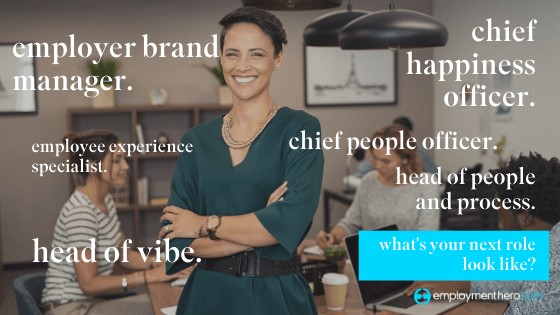
6. A focus on creating career development plans to retain employees
When it comes to talent management, it’s important you have strategies in place to keep your employees engaged at work. By creating career development plans that meet the emotional and psychological needs of your employees, you’ll see employee engagement increase and a desire for your team to go above and beyond in their role. According to a study by LinkedIn, 94% of people would stay at the same job longer if they invested in their career. By creating a career development plan with your employees, you’ll show them you’re invested in them. This will lead to a reduced rate of turnover, and that means you’ll also minimise the hidden costs associated with recruitment.
Human resources roles are evolving
Going forward, we can expect to see HR professionals become more strategic in their day-to-day. This change comes as technology helps to eliminate time-consuming admin tasks. There will also be many new roles created as businesses begin to see how HR strategy can create a competitive advantage.
Related Resources
-
 Read more: NSW Government introduces Portable Long Service Scheme for the Community Services Industry
Read more: NSW Government introduces Portable Long Service Scheme for the Community Services IndustryNSW Government introduces Portable Long Service Scheme for the Community Services Industry
The NSW Government has introduced portable long service leave for the community services industry. Learn what it is and what…
-
 Read more: Payday Super changes: What we’re fighting to fix and why it matters to you
Read more: Payday Super changes: What we’re fighting to fix and why it matters to youPayday Super changes: What we’re fighting to fix and why it matters to you
Big changes are coming to how superannuation is paid in Australia. Here’s what we’re asking Treasury to seriously consider updating…
-
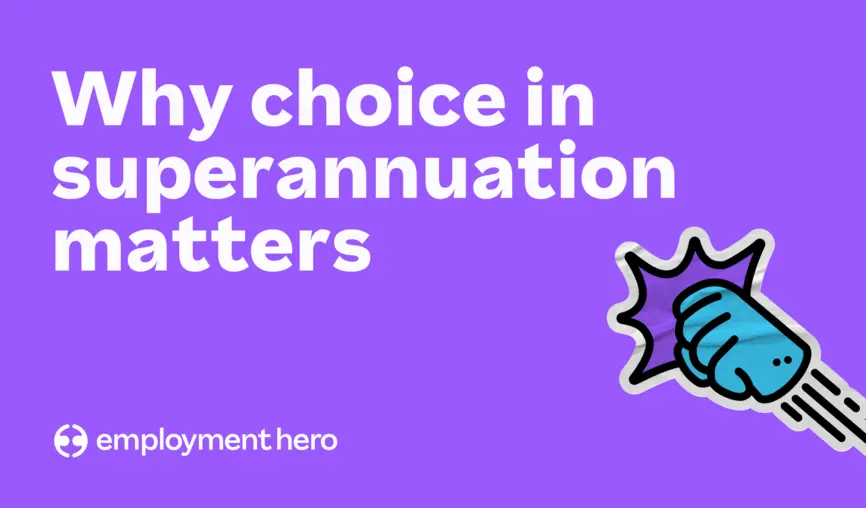 Read more: Why choice in superannuation matters
Read more: Why choice in superannuation mattersWhy choice in superannuation matters
What could be coming when Payday Super hits and what Employment Hero is doing about it.



